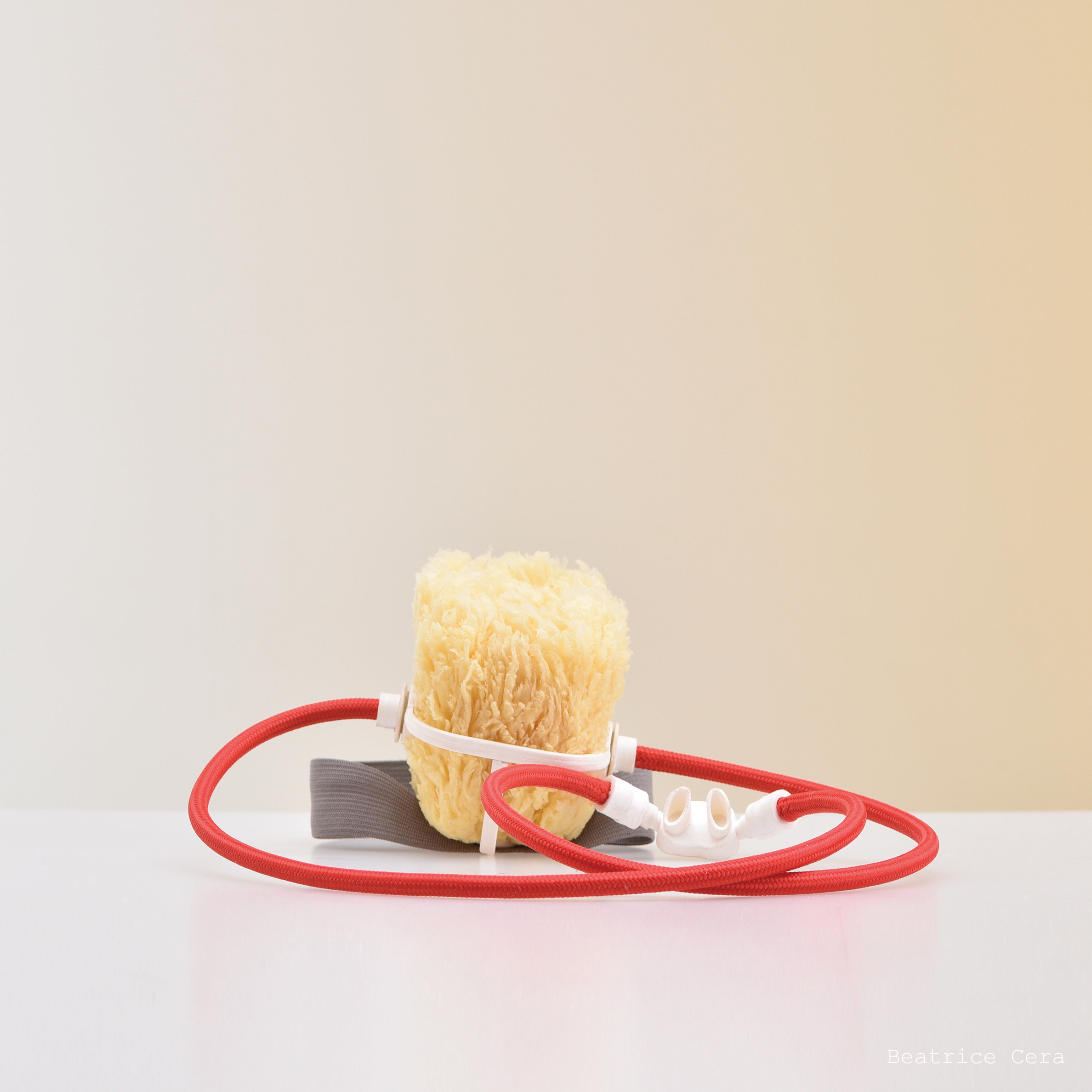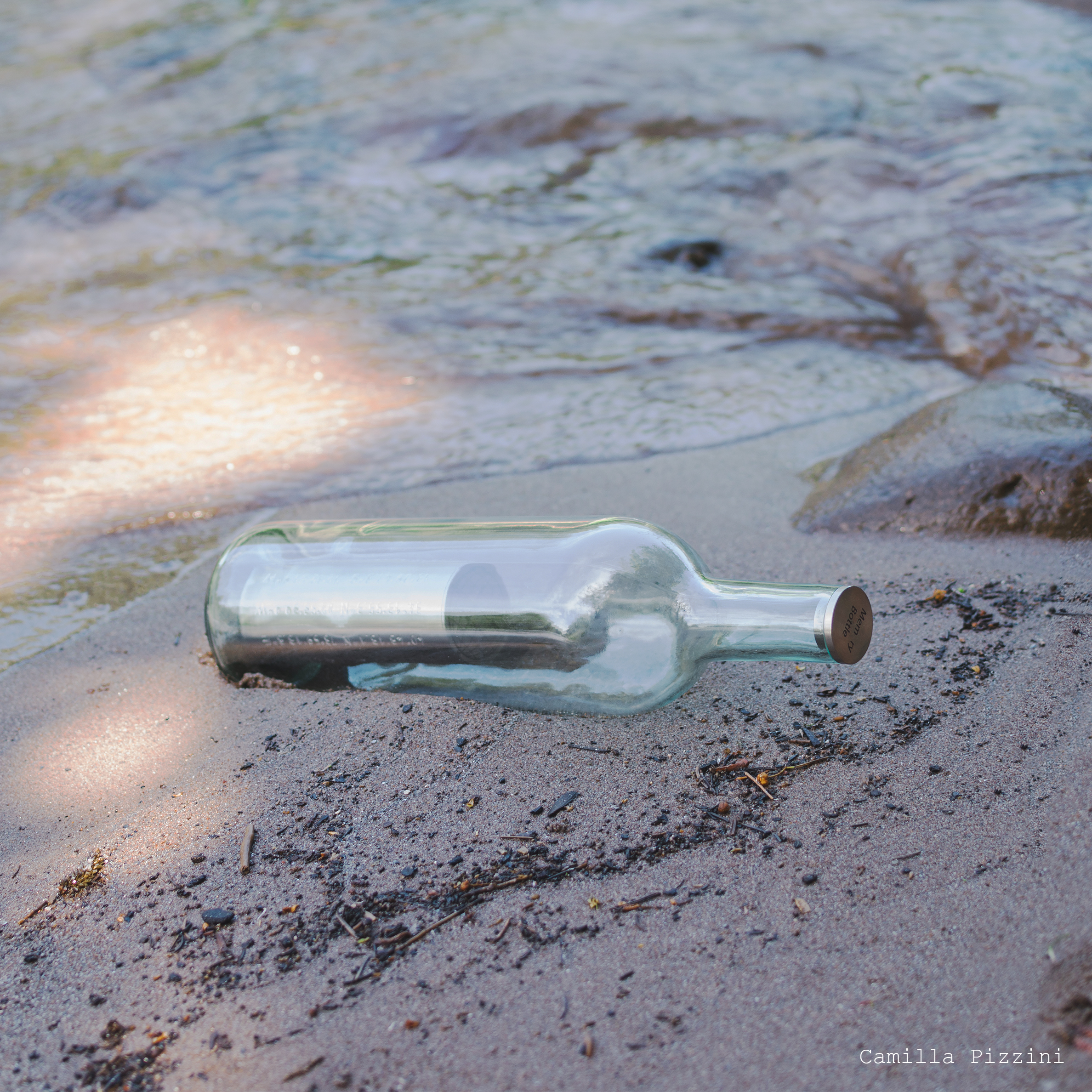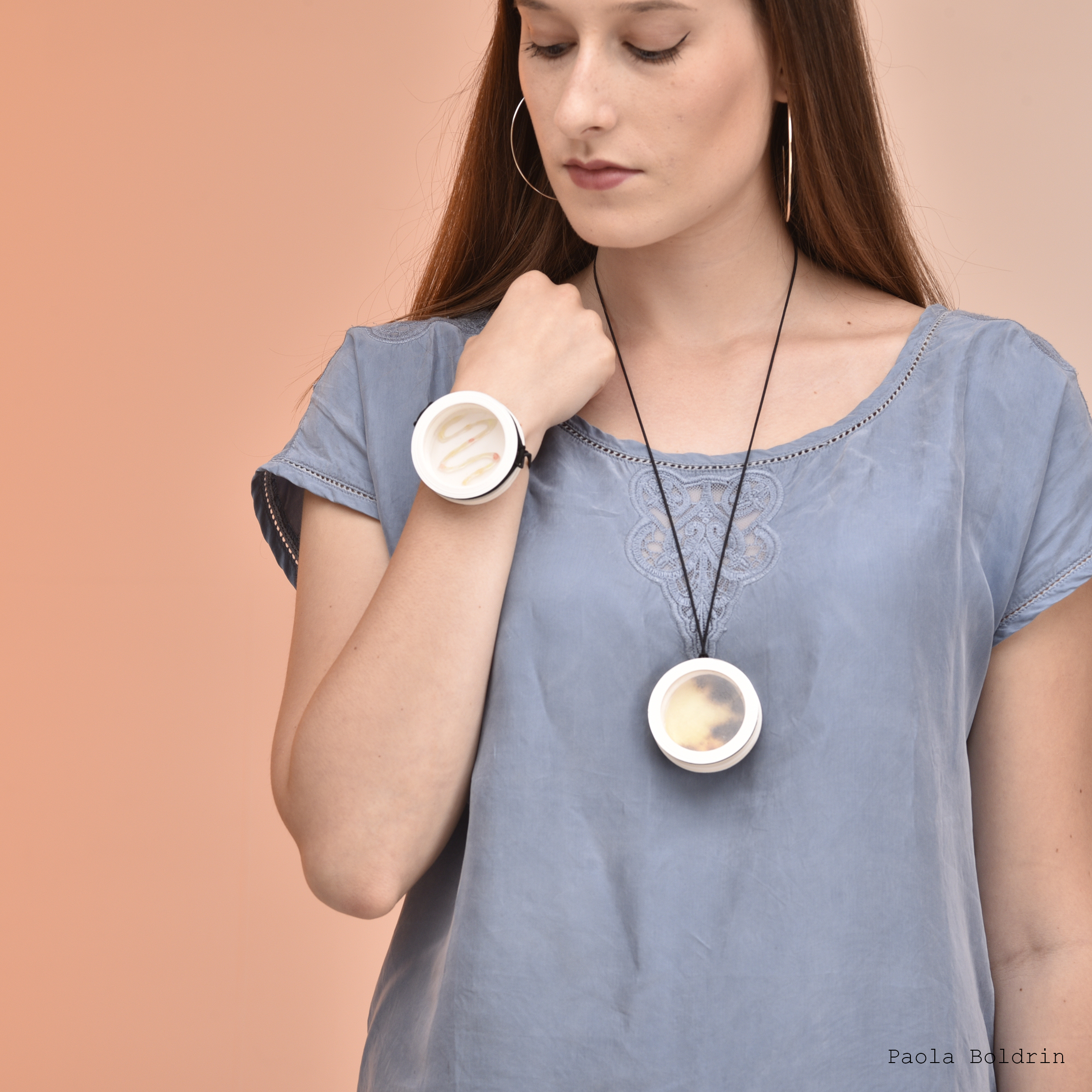“Dystopia”, Free University of Bozen, 2018
Design after humans. Dystopia is now!
Speculations, narratives, utopias, imaginary and unreal worlds have always accompanied the work of the designer, be it graphic, product designer, architect, urban planner. However, in the last twenty years we have witnessed a greater proliferation of projects that play to imagine different worlds, alternative realities, coming and less forthcoming futures, utopias or dystopias. However, this tension towards what is not yet real does not mean a departure or an escape from reality. According to the writer McKenzie Wark, "that of utopia is, in this specific sense, the most realistic kind. It is able to formally deal with questions relating not only to what the real can be, but also to those relating to what reality is". The construction of utopian (or dystopian) scenarios allows us to observe the world around us and to abstract peculiar characteristics: distortions or merits, critical or possibility, problems or hopes. To ask what will be of the planet and of the men after, near or during the end of humanity (or of human civilization, as we know it today), is an exercise that allows to design in a different way, and to ask a basic question for each designer: "can not be done in another way?". At a time when there are apocalyptic signs of mass extinction and in which at the same time the spread of well-being has never been so high, there is room to try to ask different questions without taking for granted any of the solutions that have been applied to date. At the intersection of communication and product, the projects developed in this course will start from the analysis of some aspects of contemporary reality and their projection into a more or less near future. Ecology, conservation of knowledge, artificial intelligences, the rediscovery of nature, war and peace, poetry and science will be elements of our search for a design useful at the beginning (or at the end) of a new geological era such as the Anthropocene.
Design after humans. Dystopia is now!
Speculations, narratives, utopias, imaginary and unreal worlds have always accompanied the work of the designer, be it graphic, product designer, architect, urban planner. However, in the last twenty years we have witnessed a greater proliferation of projects that play to imagine different worlds, alternative realities, coming and less forthcoming futures, utopias or dystopias. However, this tension towards what is not yet real does not mean a departure or an escape from reality. According to the writer McKenzie Wark, "that of utopia is, in this specific sense, the most realistic kind. It is able to formally deal with questions relating not only to what the real can be, but also to those relating to what reality is". The construction of utopian (or dystopian) scenarios allows us to observe the world around us and to abstract peculiar characteristics: distortions or merits, critical or possibility, problems or hopes. To ask what will be of the planet and of the men after, near or during the end of humanity (or of human civilization, as we know it today), is an exercise that allows to design in a different way, and to ask a basic question for each designer: "can not be done in another way?". At a time when there are apocalyptic signs of mass extinction and in which at the same time the spread of well-being has never been so high, there is room to try to ask different questions without taking for granted any of the solutions that have been applied to date. At the intersection of communication and product, the projects developed in this course will start from the analysis of some aspects of contemporary reality and their projection into a more or less near future. Ecology, conservation of knowledge, artificial intelligences, the rediscovery of nature, war and peace, poetry and science will be elements of our search for a design useful at the beginning (or at the end) of a new geological era such as the Anthropocene.















Selection of the most representative projects of the semester
credits : Free University of Bozen
credits : Free University of Bozen
